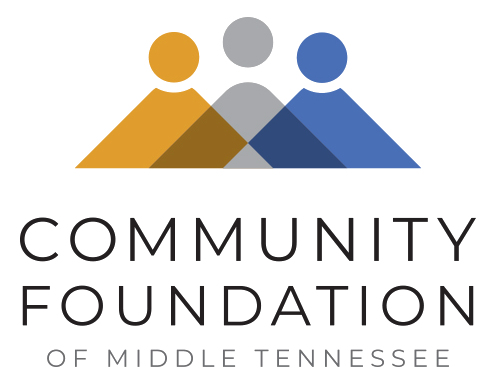Bringing a new life into the world is a miraculous journey, but the postpartum period, often referred to as the fourth trimester, can present unique challenges. Amid the joy and wonder of new parenthood, the mental health of new mothers requires careful consideration. In this blog, we delve into the importance of mental health during the postpartum period and the profound impact it can have on the well-being of both the mother and the newborn.
The Emotional Landscape of Postpartum:
The postpartum period is characterized by a whirlwind of emotions—joy, love, exhaustion, and, for some, a sense of overwhelm. Hormonal shifts, sleep deprivation, and the myriad adjustments to a new way of life contribute to an emotional landscape that requires gentle navigation and understanding.
The Ripple Effect on Mother and Child:
Prioritizing mental health during the postpartum period is not merely an act of self-care; it’s an investment in the overall health and development of both the mother and the newborn. A mother’s emotional well-being significantly influences her ability to bond with her child, provide nurturing care, and foster a secure attachment.
1. Emotional Well-being Enhances Bonding:
Maintaining good mental health allows new mothers to fully engage in the bonding process with their infants. This emotional connection is crucial for the child’s emotional development, creating a foundation for trust and security.
Tip: Practice skin-to-skin contact, engage in gentle touch, and savor moments of quiet connection with your newborn to foster a strong emotional bond.
2. Stress Management for Optimal Care:
Effective stress management is pivotal during the postpartum period. Chronic stress can contribute to physical and emotional exhaustion, impacting a mother’s ability to provide optimal care for her child. Prioritizing mental health allows for better stress management and, in turn, a more nurturing environment for the newborn.
Tip: Incorporate relaxation techniques such as deep breathing, mindfulness, or gentle exercise into your daily routine to alleviate stress and promote a sense of calm.
3. Recognizing and Addressing Postpartum Mood Disorders:
Postpartum mood disorders, such as postpartum depression and anxiety, are common but often overlooked challenges. Prioritizing mental health involves recognizing the signs and seeking timely support. Addressing these disorders not only benefits the mother’s well-being but also creates a more stable and nurturing environment for the infant.
Tip: If you’re experiencing persistent feelings of sadness, anxiety, or overwhelm, reach out to healthcare professionals, support groups, or mental health services for assistance.
4. Fostering a Supportive Community:
Building a strong support system is a cornerstone of mental health during the postpartum period. Whether through family, friends, or community groups, having a network of individuals who understand and validate the challenges of new parenthood is invaluable.
Tip: Attend postpartum support groups, both in-person and online, to connect with other new mothers, share experiences, and build a supportive community.
In the delicate dance of the postpartum period, mental health takes center stage. Prioritizing emotional well-being is not only an act of self-love but a gift to the newborn and the family as a whole. By acknowledging the importance of mental health, seeking support when needed, and fostering a nurturing environment, new mothers can embark on their journey with resilience, strength, and the emotional well-being required to embrace the transformative experience of motherhood. Remember, a healthy mind lays the foundation for a thriving family.








